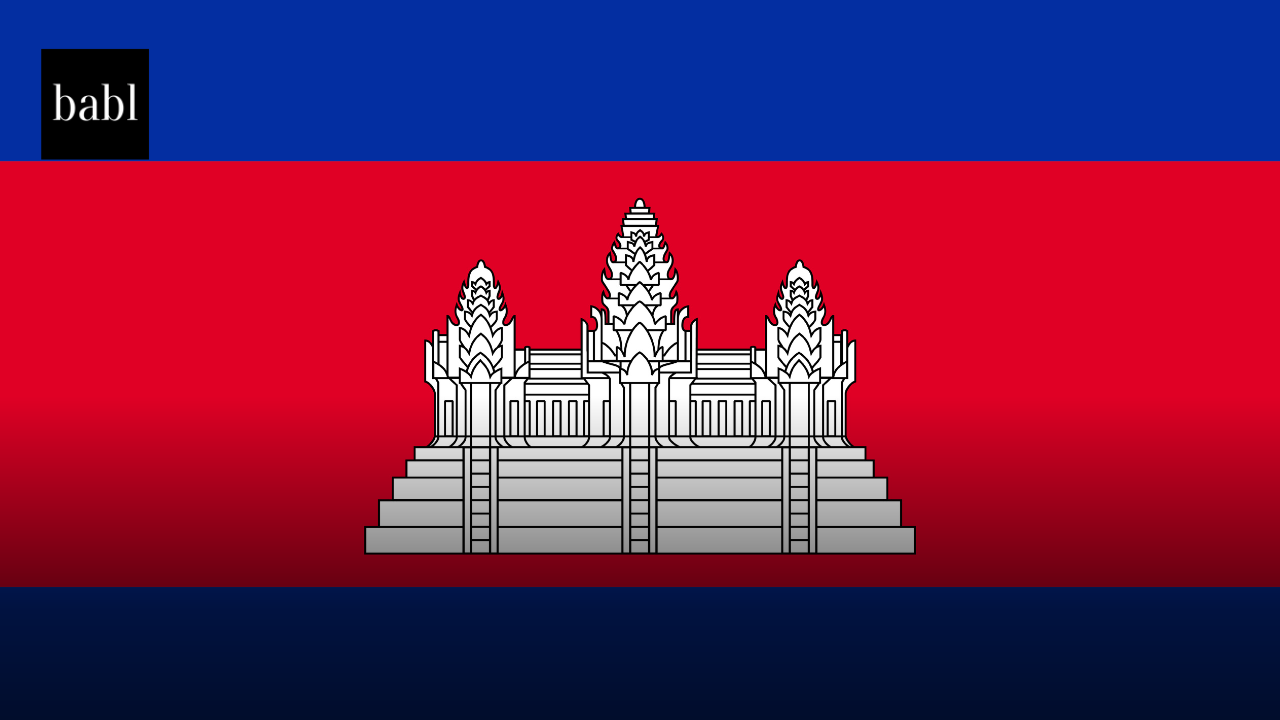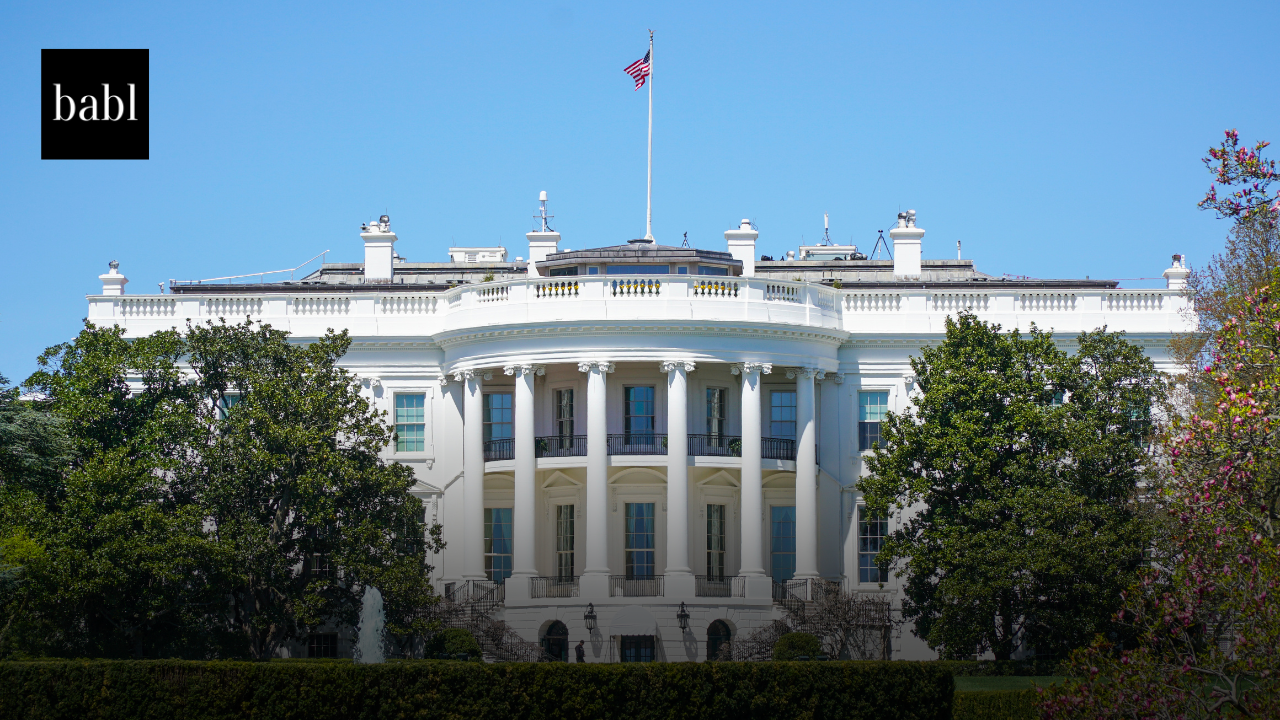At a legislative hearing this week, Taiwanese experts urged lawmakers to develop a legal framework for generative artificial intelligence (AI) that centers on Taiwan’s unique language and national interests, the Taipei Times reported.
The Legislative Yuan’s Education and Culture Committee and Transportation Committee convened a joint session to evaluate competing proposals for an AI basic law, including one from the Ministry of Digital Affairs and another championed by Chinese Nationalist Party (KMT) lawmakers.
Hung Yu-shiang of the Institute for Information Industry said Taiwan must lead efforts to build large language models (LLMs) that reflect Taiwan’s use of traditional Chinese characters, not those modeled on mainland China’s linguistic norms. He emphasized the need for public-private partnerships, data governance, and privacy standards—adding that Taiwan could look to the EU’s AI governance efforts as a model.
Caroline Lin, a technology law professor at National Yang Ming Chiao Tung University, warned of deeper implications. “Algorithms today often produce content in Chinese-style Mandarin, even when written in traditional characters,” she said, noting this raises sovereignty and geopolitical concerns.
MeetTomorrow Inc co-founder Hsueh Liang-bin echoed these sentiments, calling for a national AI strategy committee and regulatory body similar to what the EU AI Act provides.
Deputy Minister of Digital Affairs Yeh Ning acknowledged the government is still drafting its proposal, with a focus on closing capability gaps in LLMs, managing fair data use, and building a national corpus for Taiwan-centric AI development. He emphasized that the government’s AI policy would focus on digital inclusion and equitable infrastructure.
KMT lawmaker Ko Ju-chun, who is leading one legislative push, agreed on the importance of AI sovereignty and urged Premier Cho Jung-tai to take a more active role in shaping the legislation.
Need Help?
If you have questions or concerns about how to navigate the global AI regulatory landscape, don’t hesitate to reach out to BABL AI. Their Audit Experts can offer valuable insight, and ensure you’re informed and compliant.





